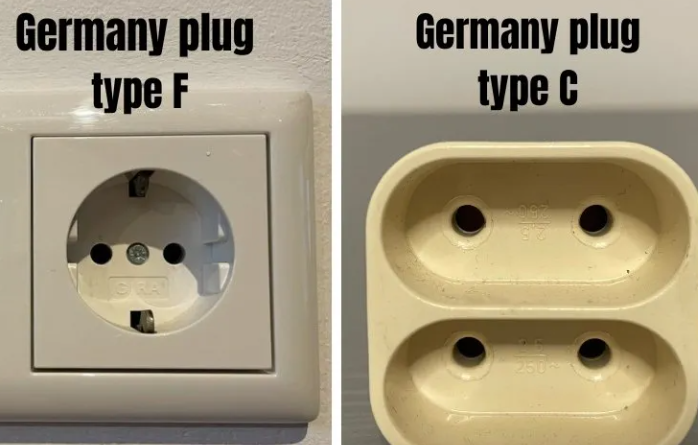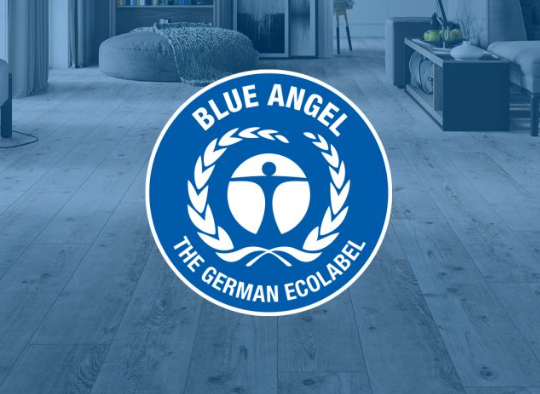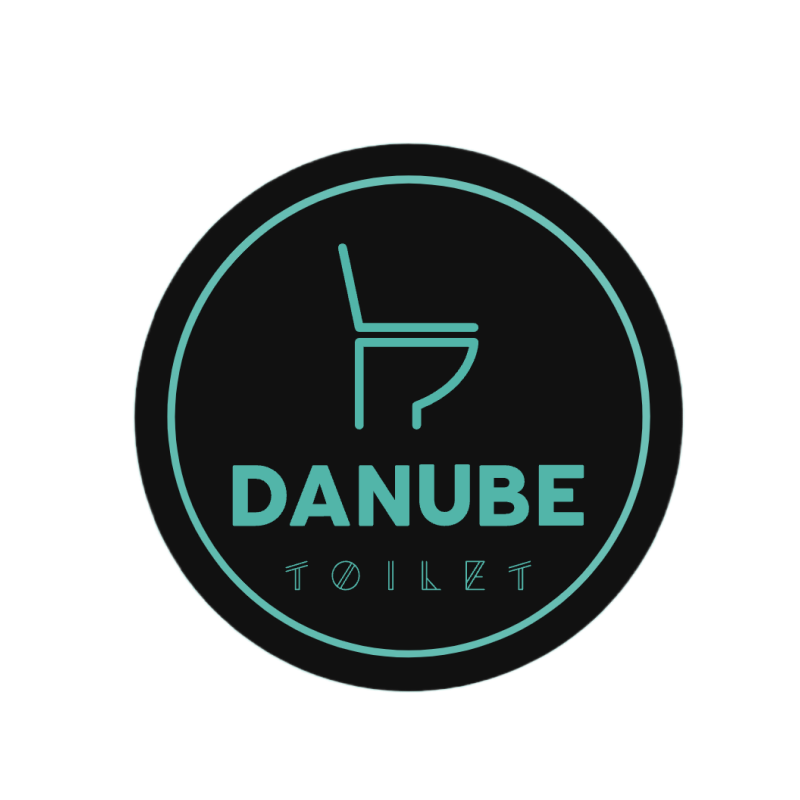Installation, Accessories, and Special Tips for B2B Buyers
Germany is one of the leading markets for smart toilets in Europe, with high demand for advanced, sustainable, and efficient sanitary products. For B2B buyers catering to global supermarket chains or small-batch OEM customization, understanding the German market’s specific requirements and preferences is vital. This guide will provide professional insights into smart toilet installation and accessories specific to Germany, along with tips to help you succeed in procurement.
Key Considerations for Installing Smart Toilets in Germany
Germany has strict standards for both plumbing and electrical systems, which influence how smart toilets should be installed. Below are the critical factors you need to consider:
1. Electrical Compatibility
German smart toilets typically require specific electrical standards:
- Voltage and Frequency: Germany uses a 230V/50Hz system. Ensure that the smart toilets you source are compatible with this standard. If exporting from countries with different voltage standards, an internal voltage converter or plug adaptor may be necessary.

- Certification: Electrical devices sold in Germany must comply with CE (Conformité Européenne) certification requirements. For B2B purchasers, ensure all models are CE-compliant to avoid regulatory issues.
2. Plumbing Regulations
The German plumbing system has unique characteristics:
- High Water Pressure: Most buildings in Germany have a water pressure range of 3–6 bar. Smart toilets must handle these levels without leaking or failing.
- Backflow Prevention: German regulations emphasize preventing water contamination. Ensure your smart toilets come equipped with integrated anti-backflow systems that meet DIN EN 1717 standards.

3. Environmental Standards
German consumers and businesses are environmentally conscious. Offering products that meet green building standards can provide a competitive edge:
- Smart toilets with energy-saving modes or water-saving flushing systems (like dual flush) are particularly appealing.
- Blue Angel Certification: Products with this eco-label gain trust and attract environmentally conscious buyers.

Essential Accessories for Smart Toilets in Germany
Accessories play a significant role in ensuring user satisfaction and compliance with local regulations. Below are some must-have smart toilet accessories tailored for the German market:
| Accessory | Functionality | Importance in Germany |
|---|---|---|
| Integrated Bidet | Offers hygienic washing functionality. | Highly preferred for hygiene-conscious consumers. |
| Deodorizing Filter | Neutralizes odors using activated carbon or ion technology. | Aligns with Germany’s emphasis on cleanliness. |
| Heating Element | Provides a heated seat or water for user comfort. | Essential due to Germany’s cold winters. |
| Remote Control | Allows intuitive operation and customization. | Ideal for a tech-savvy audience. |
| Night Light | Offers low-energy lighting for nighttime use. | Popular for convenience and energy efficiency. |
Tips for Success in the German Market
1. Understand Consumer Preferences
German consumers value functionality and durability over flashy features. Highlight the long-term benefits of your smart toilets, such as reduced water usage, ease of maintenance, and sustainability.
2. Focus on Design and Compatibility
- Minimalist Aesthetic: Germans prefer modern, sleek designs. Offer options in neutral colors like white, gray, or black.
- Wall-Mounted Models: Many German homes favor wall-mounted toilets due to space-saving designs and ease of cleaning.
3. Offer Comprehensive Installation Services
- Provide clear, multilingual installation manuals (including German).
- Offer optional professional installation services or training for local technicians.
4. Competitive Pricing for B2B Buyers
- For large ODM orders: Highlight custom branding options and economies of scale.
- For smaller OEM buyers: Offer flexible minimum order quantities (MOQs) and customization packages.
Smart Toilet Installation Challenges and Solutions
Challenge: Limited electrical outlets near toilets in older German homes.
Solution: Provide models with battery backup or integrate a hidden outlet design.
Challenge: Strict water safety regulations.
Solution: Ensure all products include certified anti-backflow valves.
Challenge: High initial costs.
Solution: Emphasize long-term savings through reduced water and energy consumption.
Tankless Smart Toilet Installation Guide
Conclusion
Germany presents unique opportunities and challenges for smart toilet distributors and manufacturers. By ensuring compliance with local electrical and plumbing standards, focusing on eco-friendly features, and tailoring products to meet German consumer preferences, you can succeed in this competitive market. For B2B buyers, offering flexible ODM and OEM solutions can significantly enhance your appeal to German retailers and contractors.
If you’re ready to take your planter business to the next level, reach out to DANUBE TOILET today for consultation and bulk order opportunities.
